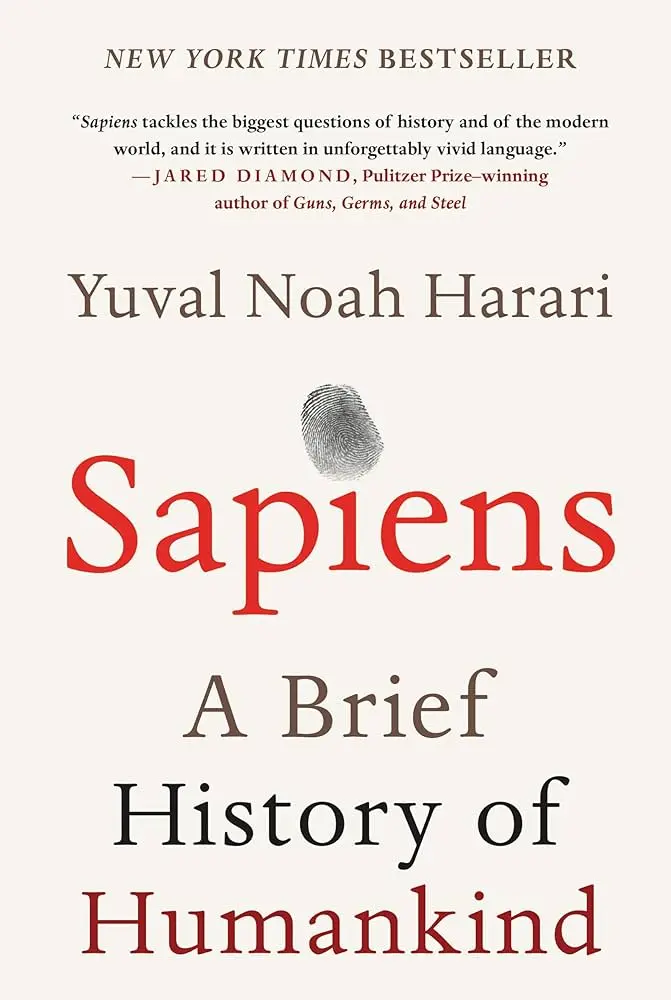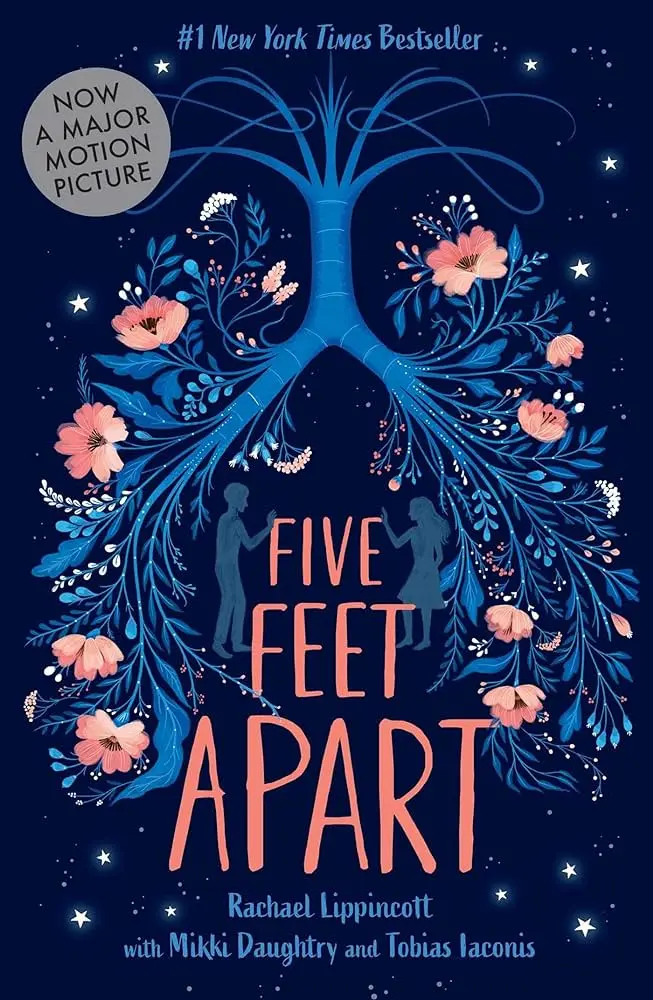Exploring Our Past: A Journey Through Sapiens: A Brief History of Humankind
If you’ve ever wondered how we went from swinging in trees to swiping on Tinder, this book is your one-stop shop for the whole sordid tale. Harari takes us on a whirlwind tour of human history, and let me tell you, it’s a ride full of twists, turns, and plenty of moments that will make you go, “Wait, we did what?”
The Big Picture: From Apes to AI
Harari doesn’t waste any time getting to the point. He kicks off with the dawn of Homo sapiens and takes us all the way to the present day, with a few speculative looks into the future. The scope is ambitious, to say the least. We’re talking about a few million years condensed into a few hundred pages. It’s like binge-watching all of human history on fast-forward.
The first thing that stands out is Harari’s ability to make complex ideas accessible. He’s got a knack for breaking down huge concepts into bite-sized pieces. Whether he’s talking about the Cognitive Revolution, the Agricultural Revolution, or the rise of capitalism, he makes it understandable without dumbing it down. You don’t need a PhD in anthropology to get what he’s saying, which is a nice change from some of the dense academic stuff out there.
Cognitive Revolution: When We Got Smart (Sort of)
The Cognitive Revolution is where things really get interesting. Harari argues that about 70,000 years ago, something clicked in the human brain, and suddenly we were able to think in new ways, communicate more effectively, and imagine things that didn’t exist. This is where myths, religions, and complex societies start to take shape. Basically, it’s when we went from being just another species of big-brained apes to becoming the dominant force on the planet.
Harari’s description of this period is both fascinating and a bit unnerving. He points out that this new ability to create and believe in shared myths allowed us to cooperate in large groups, but it also laid the groundwork for a lot of the conflicts and problems we see today. Who knew that our ability to believe in money, nations, and gods could lead to both our greatest achievements and our biggest messes?
Agricultural Revolution: The Biggest Con Job in History
Next up is the Agricultural Revolution. Harari doesn’t pull any punches here. He calls it “history’s biggest fraud.” According to him, farming was supposed to make life easier, but instead, it made things a whole lot more complicated. We went from a relatively carefree life of hunting and gathering to being tied down to the land, working harder, and dealing with a host of new problems like disease and social inequality.
It’s a compelling argument, and Harari backs it up with a mix of historical evidence and modern comparisons. He suggests that the Agricultural Revolution didn’t make life better for most people; it just allowed a few to amass power and wealth while the majority toiled away. If you’ve ever looked at modern life and wondered why we work so hard, Harari’s take on the Agricultural Revolution might just make you want to pack it all in and go live in the woods.
Unification of Humankind: Coming Together and Falling Apart
One of the most intriguing parts of Sapiens is Harari’s discussion on the unification of humankind. He argues that over time, different cultures and societies have gradually come together to form larger and more complex structures. Empires, religions, and trade networks have all played a part in this process. On the surface, it seems like a positive trend towards unity and cooperation.
But, of course, there’s a dark side. Harari doesn’t shy away from pointing out that this unification often came at a huge cost. War, conquest, and exploitation were common, and many cultures were wiped out or absorbed in the process. It’s a sobering reminder that progress often comes with a hefty price tag.
Scientific Revolution: The Power of Knowledge
The Scientific Revolution is another key theme in Sapiens. Harari explains how the rise of science fundamentally changed our world. Suddenly, we weren’t just asking questions about the universe; we were finding answers and using that knowledge to reshape our environment. The scientific method led to incredible advancements in technology, medicine, and industry.
Harari highlights the double-edged sword of scientific progress. On one hand, it’s brought about amazing improvements in our quality of life. On the other hand, it’s given us the power to destroy ourselves and our planet. He’s particularly critical of our current trajectory, suggesting that we’re heading towards a future where humanity might be radically altered or even replaced by artificial intelligence and biotechnology. It’s both exhilarating and terrifying to think about.
Capitalism and Consumerism: The Modern Religion
Harari doesn’t hold back when discussing capitalism and consumerism. He describes capitalism as the most successful religion of all time, one that has reshaped societies around the globe. The belief in perpetual economic growth and the pursuit of profit has driven innovation and lifted millions out of poverty, but it’s also led to severe environmental degradation and social inequalities.
His take on consumerism is equally critical. Harari suggests that our modern obsession with buying things we don’t need is a way to fill the void left by the decline of traditional beliefs and social structures. It’s a bleak but thought-provoking perspective on the nature of modern life.
Criticisms: The Devil’s in the Details
While Sapiens is a compelling read, it’s not without its flaws. Harari’s sweeping generalizations can sometimes feel a bit too neat and tidy. Human history is messy, and while his broad strokes paint an engaging picture, they occasionally gloss over the complexities and nuances of individual cultures and events.
Another criticism is Harari’s tendency to project modern values onto historical events. It’s a common pitfall in historical writing, and while it makes the book more relatable, it can also distort our understanding of the past. His cynical view on many aspects of human progress, while refreshing, can sometimes feel overly negative.
Then there’s the issue of sources. Harari pulls from a wide range of disciplines, which is impressive, but it also means that he’s sometimes stepping into areas where his expertise isn’t as strong. This can lead to some shaky assertions and oversimplifications. Scholars in those fields might find his interpretations lacking in depth or accuracy.
Writing Style: Engaging but Occasionally Overbearing
Harari’s writing style is engaging and accessible, which is a major plus for a book that covers such a vast and complex subject. He’s got a talent for making big ideas digestible and entertaining. However, there are times when his tone can come off as a bit condescending. It’s like he’s so excited about explaining things that he sometimes forgets his audience might already know a thing or two.
The book’s structure is mostly chronological, which helps keep things organized, but it can also feel a bit repetitive. Harari revisits certain themes and ideas multiple times, which can start to feel like he’s hammering the point home a bit too forcefully.
The Verdict: A Thought-Provoking Read
Despite its flaws, Sapiens is a fascinating and thought-provoking read. Harari’s ability to weave together history, science, and philosophy into a coherent narrative is impressive. He raises important questions about the nature of human progress and the future of our species, making you think about the world in new ways.
If you’re interested in understanding how we got to where we are today and where we might be headed, Sapiens is definitely worth your time. Just be prepared to engage with it critically and take some of Harari’s more sweeping statements with a grain of salt.
Overall, it’s a good whirlwind tour of human history. Harari will make you laugh, cringe, and maybe even reconsider everything you thought you knew about humanity. It’s a journey through our past that’s both enlightening and, at times, a little unsettling.
And that’s Sapiens for you— flawed yes still utterly captivating.
Subscribe to our newsletter and get two free novels!



